Different tiles have varying strengths and other properties, making some more acceptable than others for specific applications. Choosing the inappropriate tile for countertops may impact both its form and function.
Designed to handle the weight of people walking on it, floor tiles are often thicker, less slippery, and more durable. Consider the following while shopping for tile flooring. Be careful that floor and wall tiles are constructed differently.
Although some wall tiles, such as the 4 x 4 square, may be used on backsplashes, worktops, and tub/shower surrounds, they are too thin to be used on floors. As an alternative to wall or tub/shower surrounds tiles, you may utilize floor tiles.
Consult the label on the package and inform your tile specialist of how you want to use the ceramics. The box’s class designation specifies the amount of foot traffic it can withstand.
Class 111 and Class 1V are the most appropriate residential classes. Class 111 is ideal for countertops, walls, and light to moderate foot activity, such as the exquisitely designed glazed 4×4 ceramic tiles. Class 1V materials, such as porcelain tile, are suitable for installation in all areas, including kitchens, hallways, and entryways, and can endure heavy foot traffic both indoors and outdoors.
Another issue to consider is porosity, which impacts absorption by influencing the ratio of air holes to solids. The finest solutions are impermeable or vitreous, so pay close attention if you’re installing outside or in a damp environment.
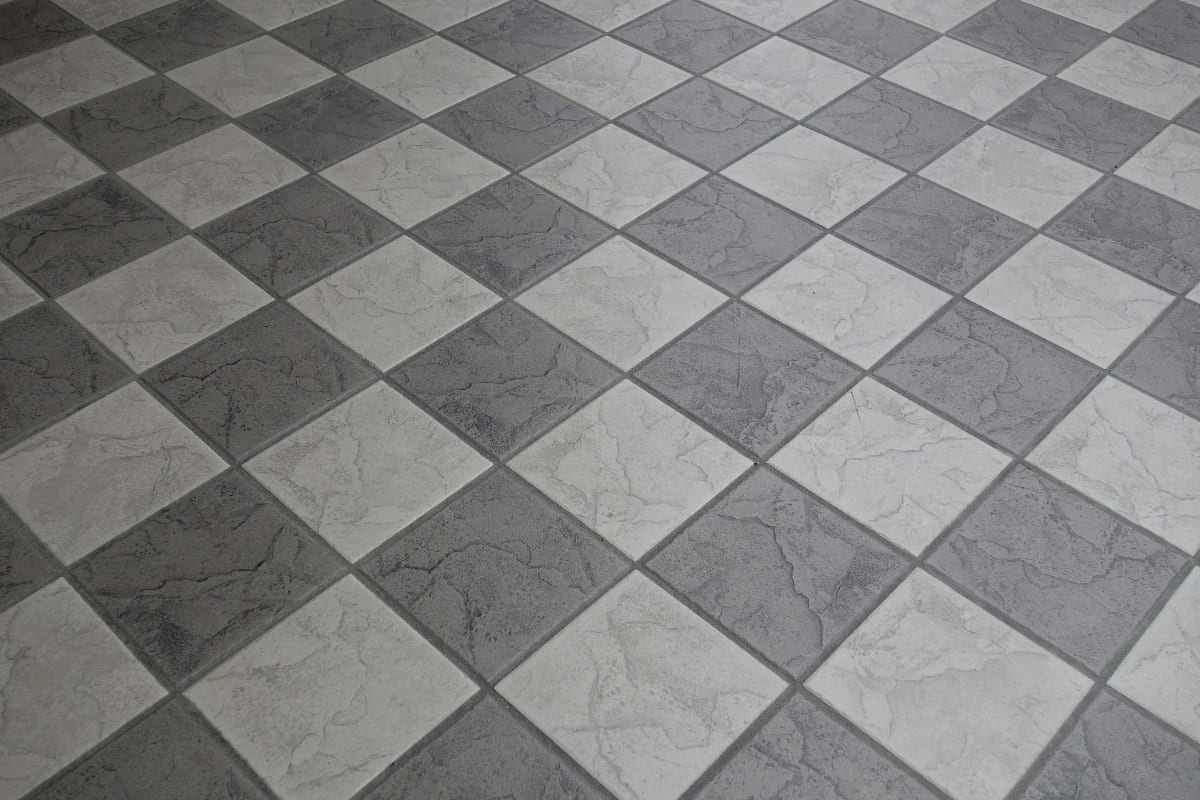
Consider traction as well; wet tile can become slick; thus, the box will be branded with a Coefficient of Friction (COF) of 0.50 for household use and 0.60 for commercial use. So, can floor tiles be utilized as countertops? Although floor tiles may be used as countertops, is it advisable to do so? It is generally not recommended. Because they can withstand heavy foot traffic, floor tiles are ideal for permanent installation.
Unlike granite or marble countertop materials, floor tiles are often not sealed against bacteria and spills, making them unsuitable for food preparation areas. Utilizing tile as a countertop is not a novel concept.
Since they have existed for millennia, tile countertops are popular in many places of the world today. People frequently inquire whether their creatively designed floor tiles may be utilized as counters, given that tiles provide unique design potential. Before making a decision, consider the pros and cons of putting floor tiles on the countertop.
Benefits of Installing Floor Tiles on a Countertop
- floor and countertop designs that complement one another
One benefit of using floor tiles as worktops is the ability to design your kitchen and bathroom to flow together.
Using your chosen floor tiles on your countertop might create a seamless look in your space. If you opt to have the same material for your flooring and worktops, using floor tiles on your countertop may achieve the desired appearance. You will have no trouble finding a countertop material that complements your flooring.
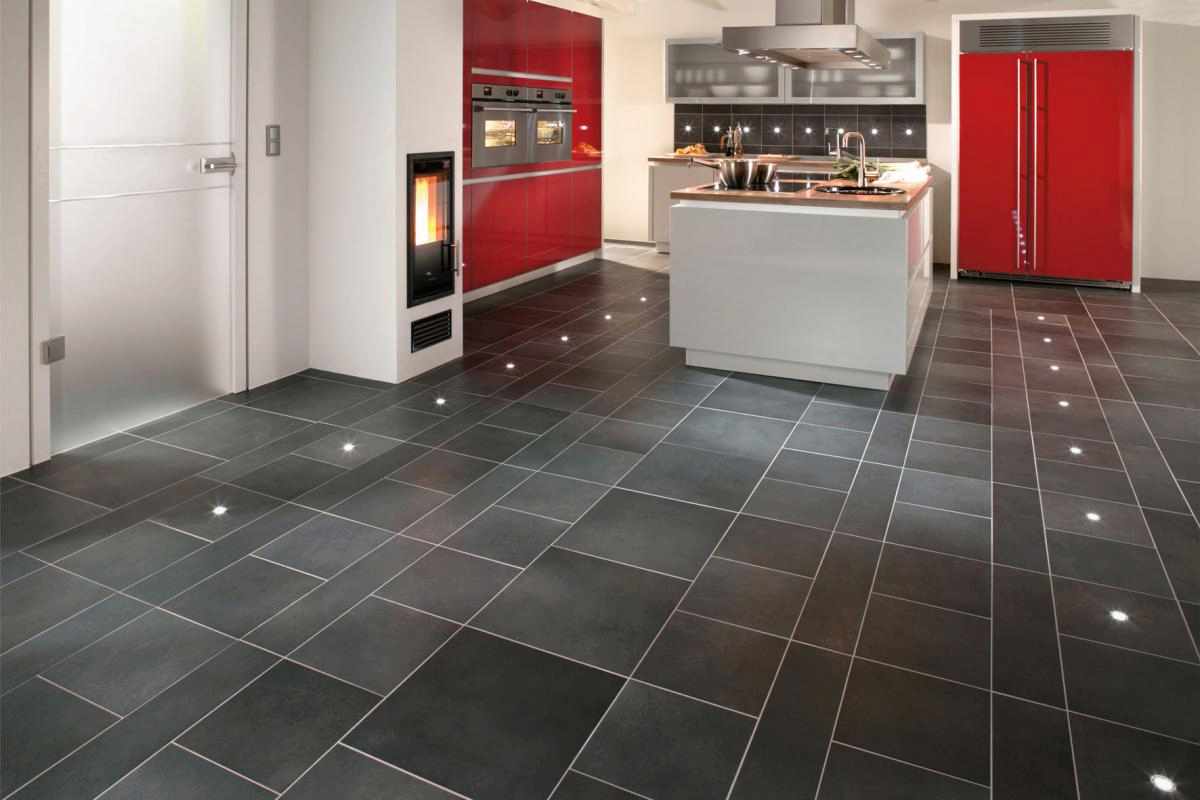
- Diverse colors, patterns, and textures
There are several colors, patterns, and textures to choose from, which is another advantage of utilizing floor tiles as countertops. Floor tiles are available in nearly every color imaginable. There is a considerable chance that you can find floor tiles that complement any design. There are also several patterns and textures available.
There are floor tiles that appear to be stone, wood, and even metal. If you want your countertop to have a unique appearance, you might consider using floor tiles. There are also a variety of tile finishes available.
Textured, matte, or glossy finishes are available. This allows you to create a unique countertop appearance. Flooring tiles are a very customizable material.
- Utilizes additional floor tiles
Utilizing surplus floor tiles as counters is an excellent method to utilize them. Occasionally, surplus floor tiles may be left behind after flooring installation.
You may use them on your countertop instead of discarding them. This is a wonderful way to save money as well. If you were planning to replace the floor tiles beneath your countertop, you might save a substantial amount of money by reusing the existing tiles.
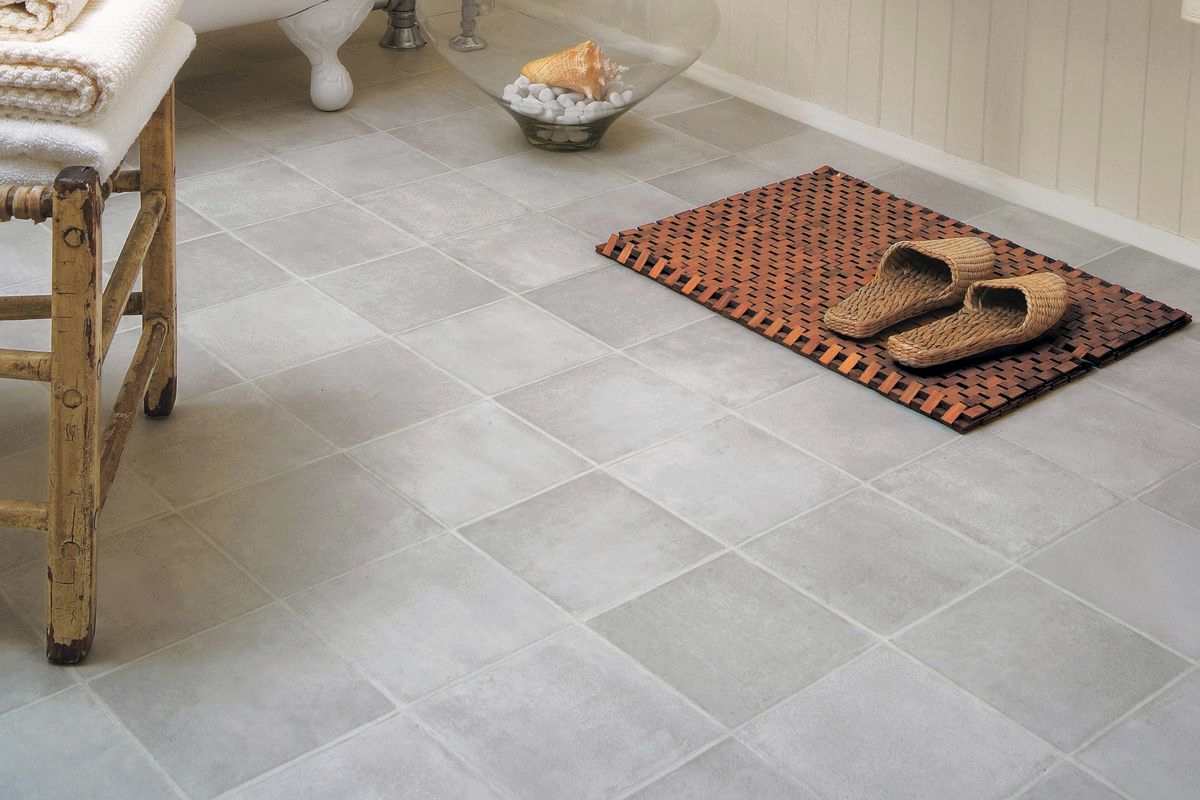
- It is easier to replace a single tile than a whole countertop.
It is far easier to replace a single floor tile on a countertop than to replace the entire countertop if a single tile becomes cracked.
If a piece of your tiled countertop is damaged, it is not necessary to replace the entire slab. Simply remove the damaged tile and replace it with a new one. Compared to replacing a complete countertop, this repair is substantially simpler and less costly. The only thing you must remember is to keep spare tiles on available in case repairs are necessary.
- They Are Less Expensive
In general, floor tiles are less expensive than other countertop materials such as granite and quartz. Typically, floor tiles cost between $2 and $35 per square foot. Cost will vary depending on the type of floor tile chosen.
- Consequences of utilizing floor tiles as worktops
There are various advantages to laying floor tiles on your countertop, but there is also cons. Before tiling your countertop, you should examine the following factors.
- They are able to absorb stains and bacteria.
Grout is used to filling the spaces between the tiles on the countertop. The porosity of grout allows it to absorb stains and bacteria. This suggests that if your countertop is not properly sealed, it may discolor and harbor bacteria. Similar to other countertop surfaces, floor-tiled countertops must be sealed to avoid stains and bacteria. Every few months, you will need to re-seal your countertop to keep it looking its best.
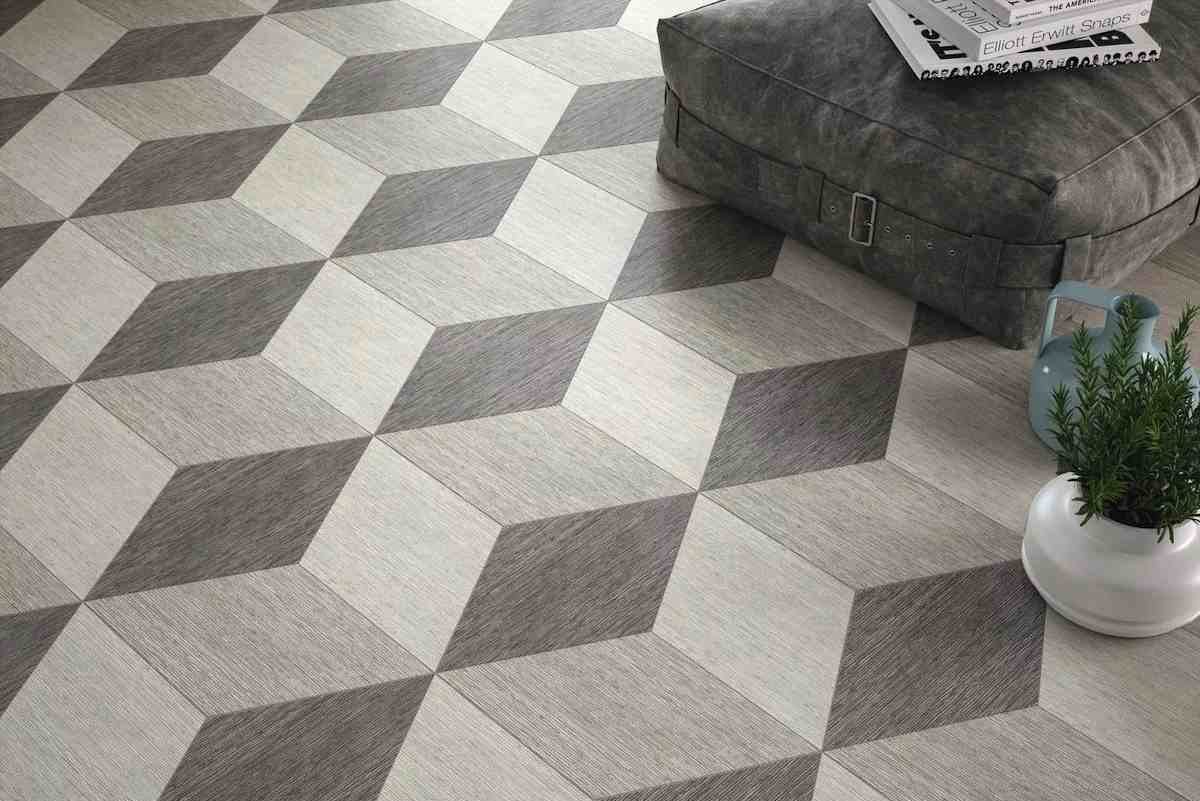
- They Are Hard to Clean.
Because of all the nooks and crannies, floor tiles can be difficult to clean. In the grout, germs and dirt may accumulate and become difficult to remove.
If you are not careful, your countertop, which is tiled like your floor, may contain bacteria. Make careful to scrape the grout lines to eliminate all dust and bacteria. Use vinegar and baking soda to clean the grout lines. After cleaning, be sure to thoroughly rinse the area.
- They are not the most durable
Floor tiles are not as durable as other countertop materials. If not properly maintained, they may fracture and chip. When heavy items, such as pots and pans, are thrown on floor tiles, the tiles are more prone to breaking.
Despite the fact that they are somewhat resistant to heat, floor tiles can still shatter if subjected to sudden temperature variations. In other words, avoid placing hot cookware on a countertop that is tiled directly into the floor. If you’re searching for a strong countertop material, floor tiles are not the best option. Other materials such as granite or quartz should be considered.
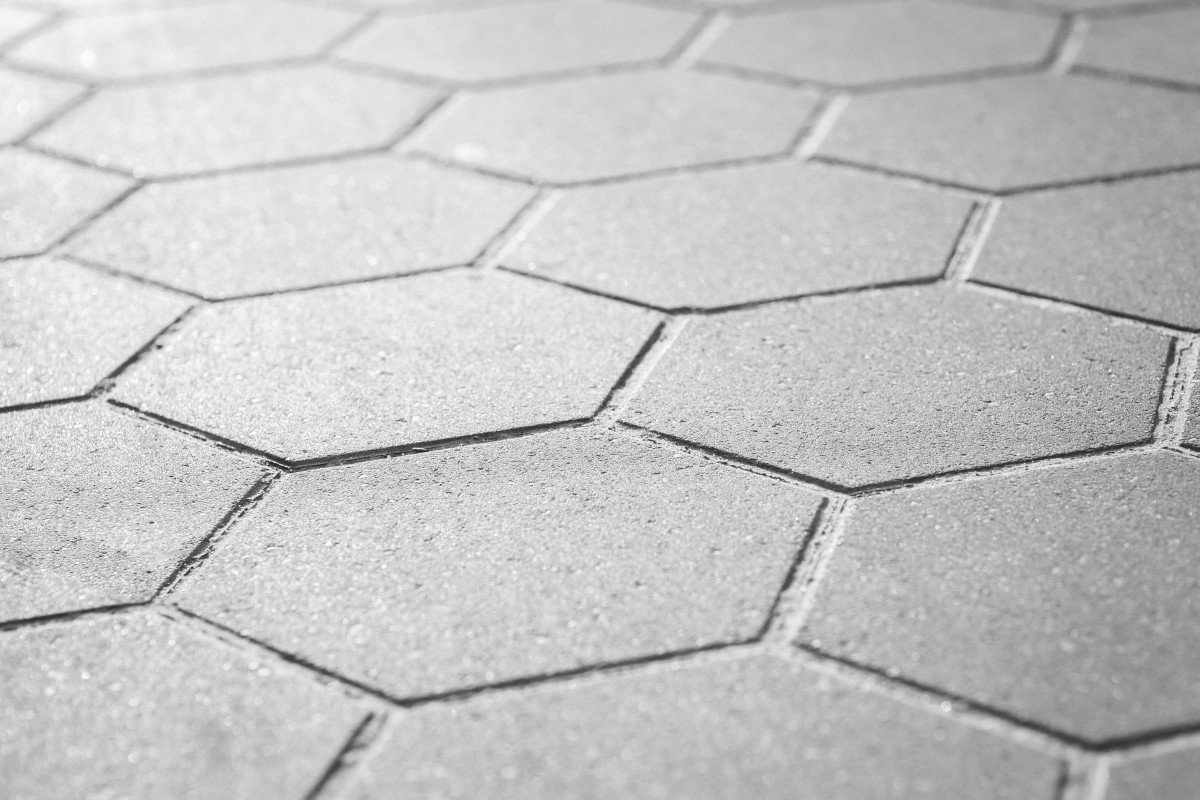
- They do not provide a flat and smooth surface.
The surface of the floor tiles is not uniformly smooth and level. Due to the grout lines, it may be tough to roll out dough or cook food.
If you are looking for a countertop with a smooth, level surface, floor tiles are not the best option. On a countertop with floor tiles, you may try using a cutting board or pastry mat to create a flat surface. Alternatively, look for floor tiles with a minimum number of grout lines.
Final Words
The list of the best countertop materials does not completely omit floor tiles. One may elect to use floor tiles for their countertop for a variety of subjective reasons.
However, if you are still uncertain, we recommend that you test out alternative materials, such as granite or quartz. They provide a surface that is flatter, smoother, and more robust. Thank you for reading. We hope this information was helpful to you.
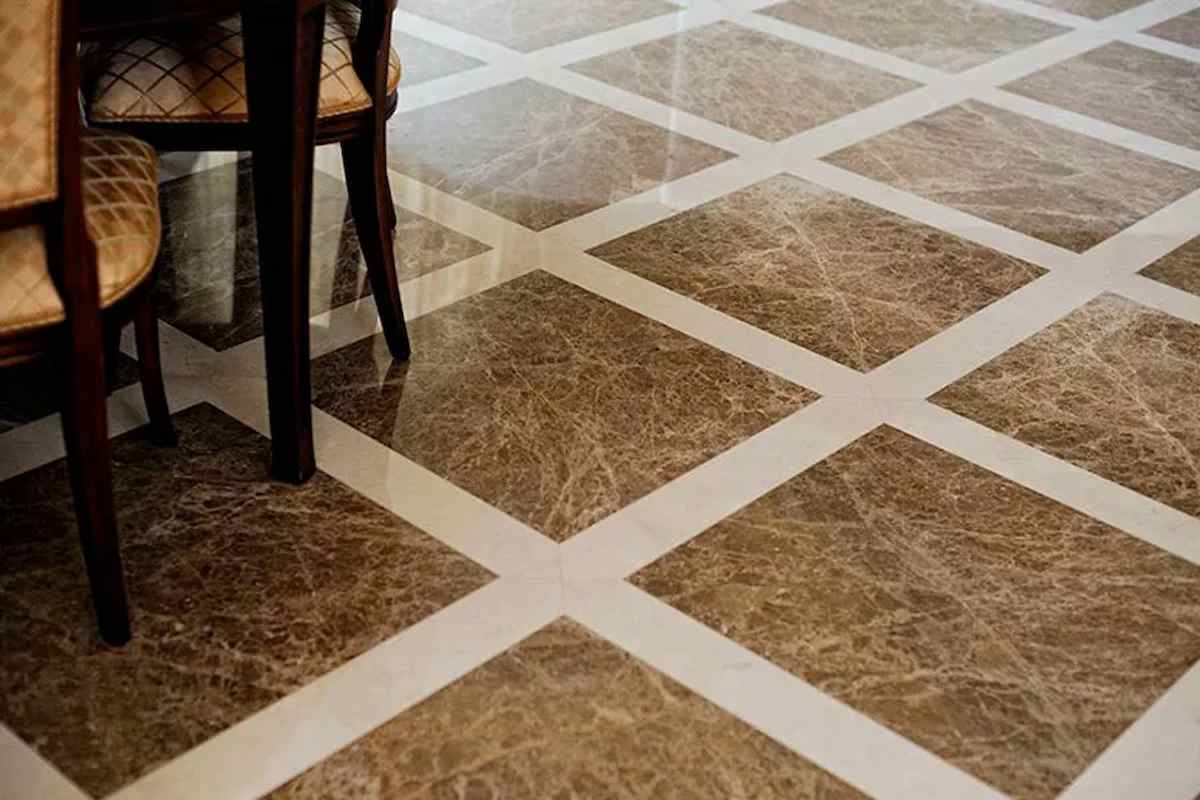

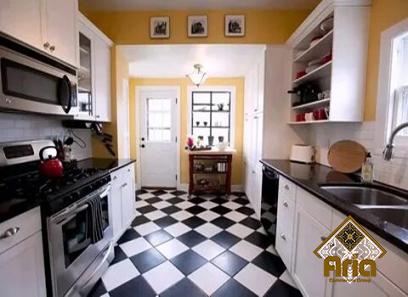

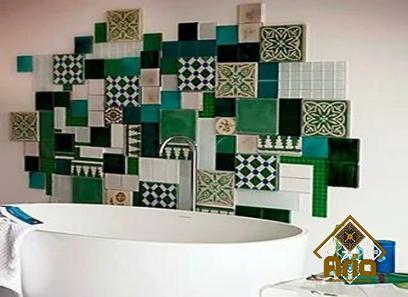
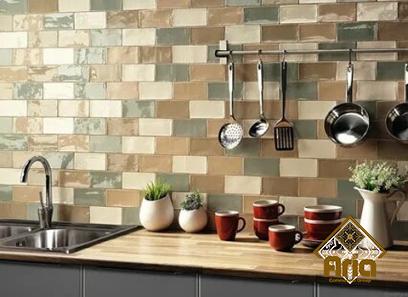
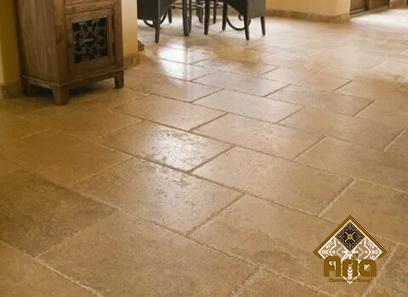
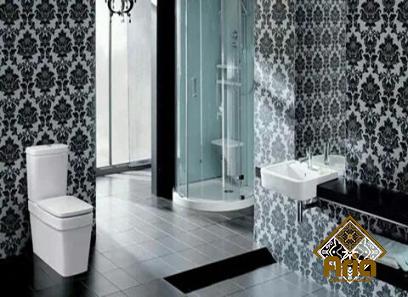
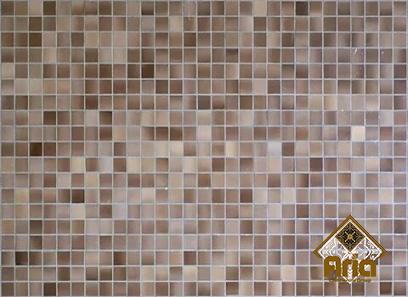
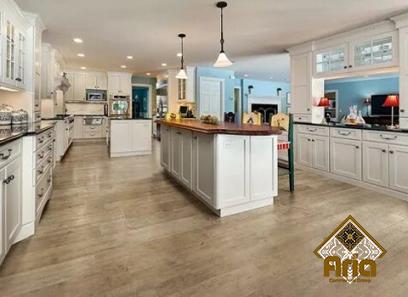

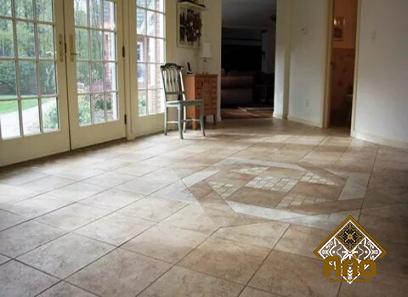
Your comment submitted.